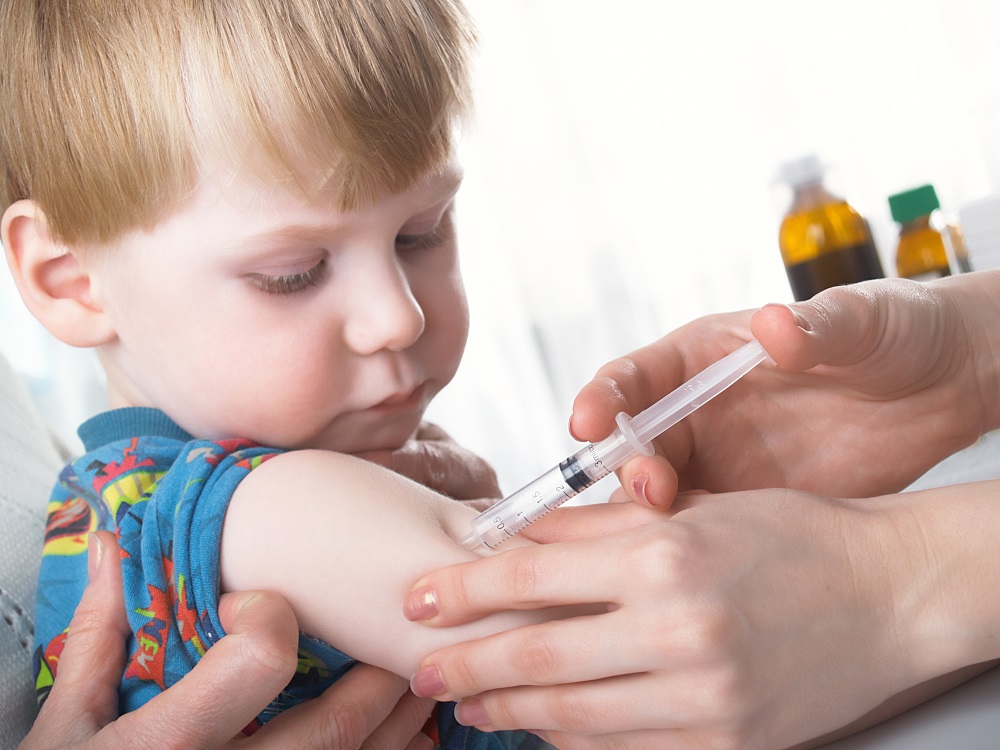Particularly in children, the signs of rubella are often too mild to be noticed. If they do occur, they usually appear between two and three weeks after exposure to the virus.
The symptoms last around two to three days and might include:
- Fever of around 38.9 C or lower
- Headache
- Muscle pain
- Runny or stuffy nose
- Red eyes that are inflamed
- Swollen, tender lymph nodes
- Fine, pink rash that starts on the face and quickly spreads to the trunk and then the arms and legs, before disappearing in the same way
- Aching joints, particularly in young women
Rubella is caused by a highly contagious virus: The patient is contagious from the week in which the rash breaks out until two weeks after the rash clears. The virus is spread when other people inhale or touch secretions from an infected person. The virus might be passed through the bloodstream from a pregnant woman to her unborn baby.
A few women with rubella experience arthritis in the fingers, wrists and knees These signs normally disappear after a month. Very seldom, rubella may cause an ear infection or inflammation of the brain.
But if a pregnant woman catches rubella, the consequences for the fetus might be severe: Up to 90 percent of babies born to mothers who had rubella during the first twelve weeks of pregnancy suffer from congenital rubella syndrome. It may result in several problems, such as deafness, cataracts, mental or growth retardation, congenital heart defect or defects in other organs. Although highest risk to the unborn baby is during the first three months, exposure later in pregnancy can also cause severe complications.
If the symptoms are mild, treatment is not necessary. There is no therapy that can shorten the course of rubella infection. But isolation from others is often recommended during the infectious period because rubella can be very dangerous for a pregnant woman and her unborn child.
If a pregnant woman contracts rubella she has to see a doctor immediately. In case she wants to continue her pregnancy, she may be given antibodies (“hyperimmune globulin”) that can fight off rubella. This kind of treatment might reduce the symptoms, but it doesn’t eliminate the possibility that the child develops congenital rubella syndrome.
If a baby was born with congenital rubella syndrome, therapy depends on the extent of the child's problems. Kids with multiple complications have to be treated by a team of specialists.
Preventive measures
MMR (combined measles, mumps, rubella) vaccine is the best way to protect infants and older children against rubella and to prevent them from spreading the highly contagious disease. It’s recommended that kids receive this vaccine between twelve and fifteen months of age, and again when they are between four and six years old – before starting school. It's very important that girls are vaccinated to prevent rubella during future pregnancies.
Normally infants are protected from rubella between six and eight months after they were born because antibodies from the mother were passed to them during the last three months of pregnancy (passive immunity). If a child needs protection from rubella before he/she is one year old, it can be given as early as half a year of age. But they still have to be vaccinated at the recommended ages later. In addition, adults who have never had rubella or have never been vaccinated against rubella should talk to their doctor. Maybe they also have to get at least one dose of MMR vaccine.

